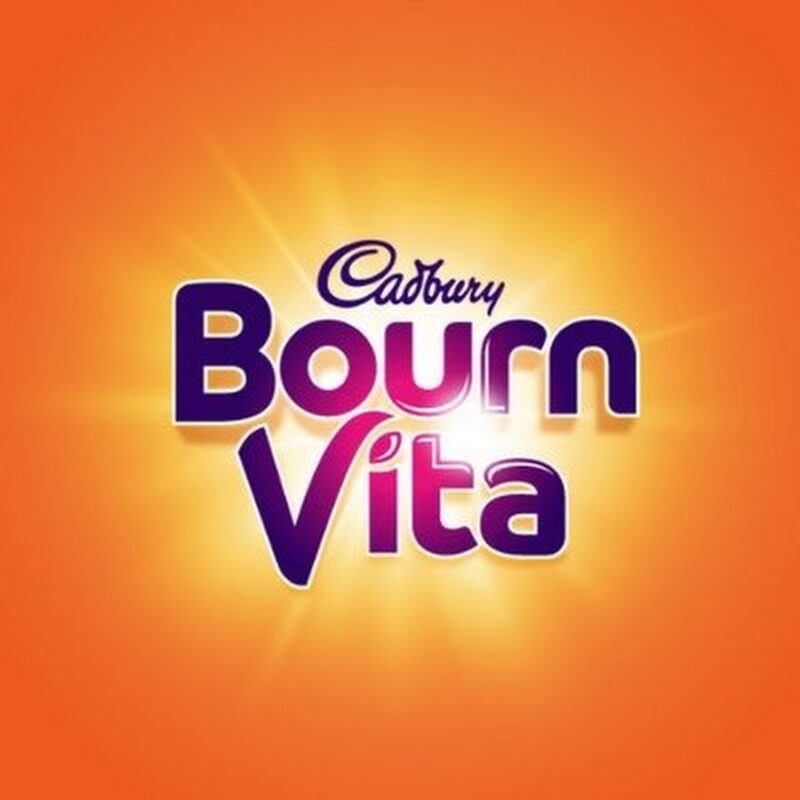Cadbury may have done itself a huge disservice by sending a legal notice to influencer Revant Himatsingka for his Instagram Reel calling out the company for advertising what he claimed were dubious health benefits of its chocolate “health” drink Bournvita.
For one, the video had notched up 12 million views on Instagram by the time it was pulled under pressure, which meant that anyone with interest in the subject had already watched it. It might even have died a natural death as many such issues raised on social media have in recent times.
But with its ham-handed response, which does nothing to debunk the main issue that was raised, Cadbury only gave fresh legs to it. Now a host of food experts, NGOs, doctors and the media have joined the debate, amplifying the message of Bournvita being a possible health hazard.
The problem for Mondelez, which owns the Cadbury brand, is that it is trying to defend the indefensible. As per its own label, every serving of Bournvita has 7.5 gms of sugar, corresponding to one and a half teaspoons.Since the recommended limit for a young child is about six teaspoons, it implies that one helping of Bournvita accounts for a quarter of a child’s daily quota of sugar. Find me a child who will settle for that, to the exclusion of every other form of sweet, and I will show you a future fitness freak.
Given the record of consumer companies, trusting them to sell products that give primacy to the health interests of their customers is asking for too much.
In a recent revelation, Nestlé, one of Mondelez’s rivals, admitted in an internal document that more than 60 percent of its mainstream food and drinks products did not meet “recognised definition of health”. That included more than 90 percent of its beverages.
If Cadbury, better known for chocolates,100 gms of which contains a whopping 52 gms of sugar, were to similar introspection, it would come up with the same if not worse numbers.
Not that either company will, or can afford to, admit any of this publicly. Cola companies, past offenders in the art of selling their sugared soda as not altogether unhealthy drinks, only owned up to the massive levels of sugar they were feeding eager drinkers when the evidence against them became too overwhelming to deny.
Of course, a special place in hell is reserved for cigarette companies, which through the 1950s and 60s convinced smokers that cigarettes were not just cool, they were calming too.
Their tricks were the same — hard-sell marketing, advertising that went for the jugular (in the case of Bournvita, your child’s brain and brawn are both at stake) and even medical testimonials, which turned out to be fake.
US Federal Trade Commission’s data shows that cigarette sales in the country have dropped by 70 percent since 1981.In India, too, they have remained stagnant for years now as awareness grows about the lethal impact of smoking on the lungs.
Similarly, cola companies have turned to beef up their portfolios with other products like foods and health drinks, as sugared soda consumption shows a secular decline. While the full impact on sales plays out over an extended period, there is always that one moment when reality hits the consumer. From thereon, it is a steady slide.
















